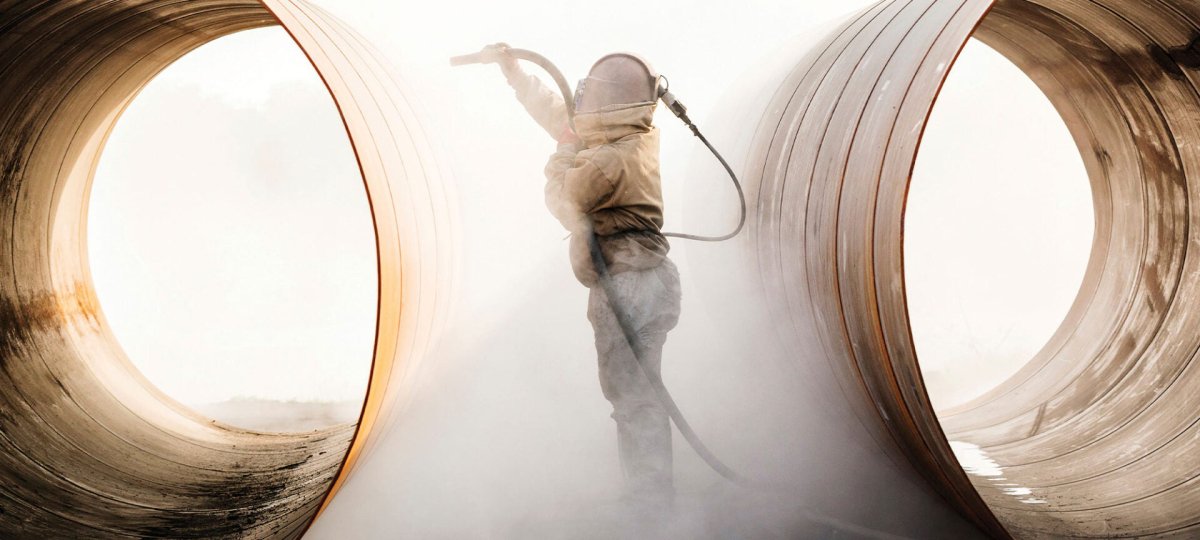How to Polish Concrete Like a Professional

How to Polish Concrete Like a Professional
Concrete is one of the world's most important materials.
Used in all kinds of buildings and infrastructure projects, concrete is most commonly thought of as that rough stuff you scrape your knees and elbows on when you fall off a bike. But when you peel back a few layers, concrete can become beautiful and shiny.
Read on to learn how to polish concrete to unlock its true beauty.
Concrete in the Home or Office
Concrete is no longer limited to sidewalks and garages.
Concrete decor has become a popular feature in modern homes. It's durable, low-maintenance, and can have a gorgeous sheen when properly polished. Homeowners use concrete for floors, countertops, sinks, fireplaces, and many other applications.
Of course, concrete is still a staple in industrial settings. Its strength and durability make it perfect in construction and for things like warehouse and retail flooring.
Tools You Need
The main tool you'll need to polish concrete is the appropriately named concrete polisher. The primary function of these mechanized devices is to spin a grinding pad at high speeds.
Concrete polishers come in various sizes, depending on the project they're needed for. A wide area of concrete, such as a full warehouse floor, will need a large push-behind floor polisher. Smaller projects such as a concrete countertop can be completed with a hand-held polisher.
As with many power tools, you can choose to rent your concrete polisher. This is especially desirable when you need the much more expensive floor polishers. However, you can also buy your own concrete polisher to keep.
Along with the machine, you'll need to buy various interchangeable diamond polishing pads. These pads use diamond particles as an abrasive to grind away the top layers of concrete. These pads come in various grits, similar to sandpaper.
Why do these pads use diamonds? Diamonds are the hardest material known to man. For this reason, they are often used for industrial tools, such as drills.
Finally, you'll need some equipment to deal with dust, a by-product of the polishing process. You'll need a vacuum and possibly a dust filtration system. Some devices come with a built-in dust management system.
The Basics of How to Polish Concrete
This walkthrough will focus on dry polishing, the most common method of polishing concrete.
Start with the Coarsest Grit to Remove Finishes
As mentioned earlier, the grinder pads used to polish concrete function much in the same way that sandpaper does for sanding wood.
To begin, start grinding using your coarsest polish pad. This will begin to peel away the top layer of concrete and remove any existing finishes on the area.
Repair Concrete Gaps and Damage
Once the target area is sufficiently ground, check for any cracks, holes, or other damage in the concrete.
You may choose to use an epoxy or other filler to plug any gaps.
If the area contains no major blemishes, this step is unnecessary.
Gradually Move to Finer Grits
After using the coarse grit pad, you'll want to move to a finer grit.
You'll continue this process, gradually working your way toward the finer grits pads. The finer the grit, the smoother and shinier the concrete will get.
Add Finish
Once your concrete has reached your preferred polish, an optional final step is to add a sealer guard or other protective layer.
Learn More About Concrete
Concrete is an incredibly versatile substance. Once you learn how to polish concrete, you start to realize its full potential.
To learn more about concrete and other useful materials, check out our blog.



